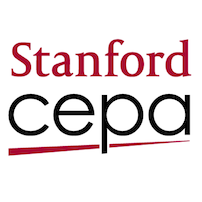 It has been conjectured that online college courses could serve to level the playing field, eliminate racial biases, and not produce lower expectations for students from underrepresented groups because instructors would be unaware of the race or ethnicity of their students. But a new working paper released by the Center for Education Policy Analysis at Stanford University in California, finds that bias also creeps into online education programs.
It has been conjectured that online college courses could serve to level the playing field, eliminate racial biases, and not produce lower expectations for students from underrepresented groups because instructors would be unaware of the race or ethnicity of their students. But a new working paper released by the Center for Education Policy Analysis at Stanford University in California, finds that bias also creeps into online education programs.
The researchers created fake accounts for students in 124 massive open online courses (MOOCs). The names associated with the accounts were designed to give a strong indication that students were either White, Black, Indian, or Chinese. These fictional students submitted online posts or questions to the instructors.
The researchers found that instructors in these MOOCs responded to about 7 percent of all inquiries posted. But for the fictional accounts designed to give the impression the student was a White male, the instructors responded 12 percent of the time.
The authors concluded that “our field experiment produced evidence that the comparative anonymity granted by asynchronous, digitally mediated interactions in online discussion forums does not eliminate bias among instructors. Indeed, we found a sizable bias in favor of White male identities which were nearly twice as likely to receive a discussion-forum response from the instructor compared to other student identities.”
The full report, “Bias in Online Classes: Evidence from a Field Experiment,” may be downloaded by clicking here.

